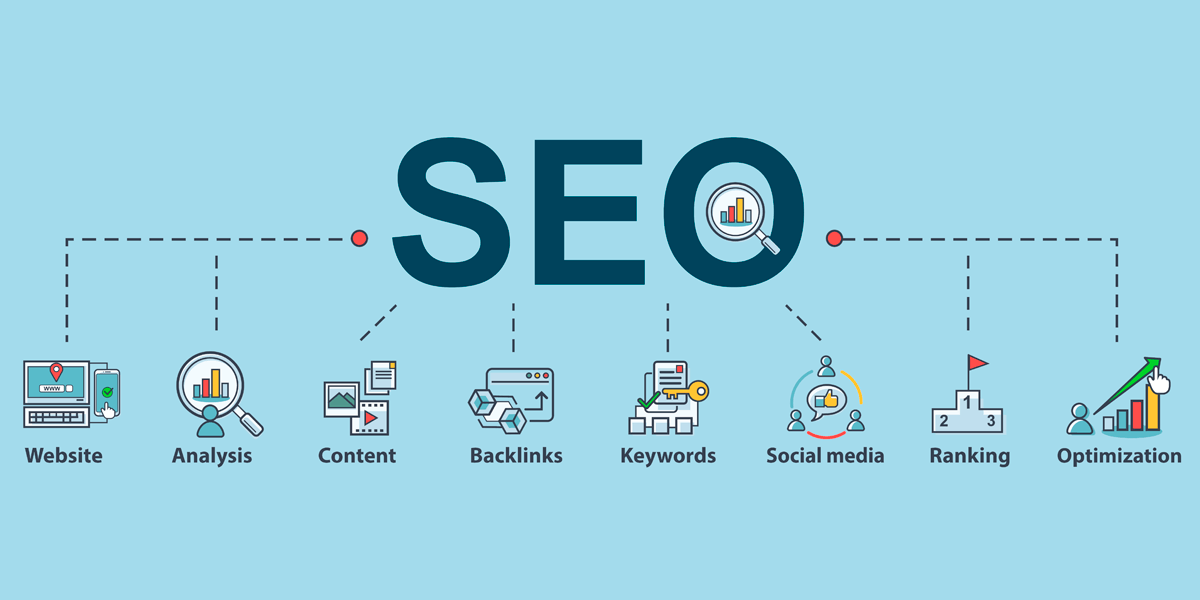What Is Link Juice?
Many websites have pools of link juice that are ready to be tapped to distribute value to other pages. One way to do this is by creating and marketing useful digital assets that attract links.
Link Juice is an important SEO parameter that can be used to improve ranking. Tools like Ahrefs and Moz can help SEO professionals understand how much Link Juice a page has.

Link Juice is a term used to describe the authority or value that a page passes on through do-follow links. The amount of Link Juice a page passes is determined by its reputation and the number of authoritative links it has. Generally speaking, a high-quality website with a robust backlink profile will have more link juice than a less-respected one. However, predicting how much Link Juice a website will have is difficult.
To optimize Link Juice, web publishers should distribute it evenly throughout their websites. This will improve their global authority and allow them to rank better in search engine results pages. It will also increase the visibility of their content and their brand online. To distribute link juice effectively, web publishers should use internal links to connect different pages on their site and external links to sites outside of their own.
The best way to generate Link Juice is to create valuable, unique, and engaging content that is worth linking to. This includes comprehensive guides that offer expert insights and solutions to industry challenges. It is also important to create engaging videos and other interactive assets that enhance the user experience. Additionally, publishing articles on reputable industry blogs is a great way to attract new visitors and boost SEO.
Another important factor is the location of a link. A link placed in the sidebar will not pass as much Link Juice as a link within the main content. Furthermore, if a link is followed by a 404 error page, it will not transmit as much authority. Lastly, it is important to update old content regularly. This will prevent the loss of valuable link juice that could result from a 301 redirect.
To maximize the power of Link Juice, web publishers should use internal links to connect their pages and improve their overall structure. They should also consider using silo structures to organize their content into themes. This will make it easier for Google to understand how each page relates to the others. In addition, they should utilize cornerstone content – the most important pages on their sites – to promote other related pages.
Link value is a term used in SEO to refer to the amount of authority that a page or site passes on to its links. This is determined by the number of links and the quality of those links. Usually, the higher the authority of the linking pages, the more value will be passed to the linked pages. The concept of link value is important in search engine optimization because it allows sites to compete against each other and to improve their rankings. There are several ways to increase link juice, including creating high-quality content and optimizing internal links.
The best way to increase link juice is by providing valuable resources that other websites will want to link to. This can be done by creating so-called skyscraper content. This type of content is longer and more in-depth than other similar articles on the same topic. It also contains a variety of information and examples to make it more useful to readers. It is also recommended to add links from authority websites in your industry to increase the value of your content.
Another way to increase link juice is by exchanging links with other websites and blog posts. This will not only bring more traffic to your site, but it will also help you rank higher in SERPs. However, it is important to ensure that you only exchange links with quality sites. Otherwise, you could risk getting penalized by Google.
One of the most important factors for improving a website’s ranking is its internal link structure. Internal links connect different pages within a site and help distribute authority throughout the domain. Using an internal link checker can help you identify underlinked pages and improve your site’s ranking potential.
While there are many strategies for increasing a website’s link juice, it is important to keep in mind that this process takes time. Some methods of increasing link juice include social media marketing, guest blogging, and press releases. Moreover, it is important to maintain a consistent posting schedule and focus on writing quality content.
When creating an internal link structure, it is important to take the number of links into consideration. Too many links can dilute the link juice and reduce the overall strength of a page. Additionally, broken links can waste link juice and should be fixed immediately.
The concept of link juice is a term used by SEO professionals to describe the amount of power and value that a website passes on to its linked pages. It is a result of the number of quality backlinks, and it is one of the most important aspects of SEO. The higher the quality of the links, the more power they pass on. However, the amount of link juice is not directly related to the number of backlinks, and there are a variety of factors that affect the amount of link equity a page passes on.
A page’s link equity is determined by its authority and relevance, as well as the quality of the content on the page. These are both subjective metrics, but there are some tools that can be used to measure them. These include Moz domain authority, Majestic Citation Flow, and Semrush authority score. A high domain authority and a high citation flow indicate that a page is authoritative in its niche, which can increase the chances of ranking higher in search engine results.
The best way to maximize your site’s link juice is by creating high-quality, relevant content and building connections with other sites in your industry. This will help you build a strong foundation for your site and improve your overall rankings. In addition, using contextual internal links can help you create a better topical authority for your site. For example, linking to articles on your own site that discuss the same topic as an external article can boost your ranking in Google.
Keeping your site clean is also essential for optimizing your site’s link juice. This means removing any spam links or redirects, as these can hurt your rank. You should also consider adding the nofollow attribute to any links that do not need to be ranked by search engines. For example, addresses, logins, and terms of use should not receive any link juice, but you can still optimize your site by including them in a nofollow link.
Another way to maximize your site’s link juice, is by implementing a silo structure. This allows you to prioritize your most important pages and redirect link juice to them. This can help you improve your site’s navigation and user experience, as well as improve its SEO.
Link relevance is an important factor in the overall ranking of a website. Search engines evaluate the quality of a page’s content and its links to other pages when determining its relevance. This evaluation can result in a higher or lower rank, depending on the algorithm used by the search engine.
One way to improve your link juice is to write more useful and informative content. This will attract more visitors to your site and lead to more links from other websites. It’s also a good idea to update old articles. Keeping your content up-to-date will ensure that you’re always giving readers the most recent information on a topic. It will also help you maintain your rankings and prevent them from slipping.
Another way to increase your Link Juice is to use the Skyscraper Technique, which involves creating valuable content that stands out from the competition. This will attract more links from other websites and boost your ranking in the SERPs. For example, you can create a list of the top 10 companies in your niche or expand an existing article to include more data and examples. You can also add images and video to make the article more appealing.
Internal linking is also a great way to pass on Link Juice. It helps Google understand what each page on your website is about. If you have a lot of internal links, you can spread the link juice evenly across all your pages. This is known as “deep linking.” However, you should be careful not to overdo this. Too many internal links can make your site look spammy to Google.
A link’s location on a page can also influence how much Link Juice it passes on. For instance, links in a sidebar or footer aren’t as valuable as those in the body of the text. Additionally, a link marked as “nofollow” won’t transfer any equity at all.
Some tools, such as Moz Open Site Explorer and Ahrefs’ Website Authority Checker, can provide an analysis of a webpage’s links and its PageRank. These metrics may not be accurate, but they can give you a rough idea of how much Link Juice a page has.




